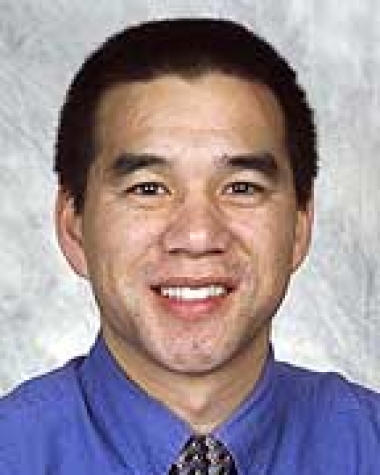Paul Maza, DVM, PhD

Associate Professor of Practice
Department of Biomedical and Translational Sciences
Cornell University College of Veterinary Medicine
S2-076 Schurman Hall, Box 17
Ithaca, NY 14853-6401
Profile
Research/Clinical Interests
Teaching Interest
Paul teaches in the team-taught, problem-based learning course in anatomy in the veterinary curriculum, called The Animal Body, and in another problem-based learning course in physiology, Function and Dysfunction. Also, Paul is the course leader of a separate distribution course, Anatomy of the Carnivore, in which the anatomy of the cat is studied and compared to that of the dog, with applications to clinical medicine and natural history.
In addition, Paul has an interest in helping students experience veterinary medicine with global service learning trips. He leads a seminar course in which students share their experiences in clinical and research trips abroad. Paul also leads groups of veterinary students to help communities in other countries address their dog and cat population and welfare issues.
Education
- PhD, Science Teaching, Syracuse University, 2010
- DVM, Ross University School of Veterinary Medicine, 1995
Biography/Professional Experience
Paul obtained his DVM degree from Ross University School of Veterinary Medicine in 1995, and a PhD in Science Teaching from Syracuse University in 2010. He teaches in the team-taught, problem-based learning course in anatomy in the veterinary curriculum, called The Animal Body, and in another problem-based learning course in physiology, Function and Dysfunction. Also, Paul is the course leader of a separate distribution course, Anatomy of the Carnivore, in which the anatomy of the cat is studied and compared to that of the dog, with applications to clinical medicine and natural history. Other duties include serving on the admissions and curriculum committees.
In the Cornell University Hospital for Animals, Paul is a faculty consultant for the student-run Community Practice Service. Also, Paul helps run a program through the Community Practice Service and the Hospital, in conjunction with the local non-profit organization Shelter Outreach Services, to help students learn techniques in ovariohysterectomies and castrations of free-roaming cats, at regional animal shelters, and discuss topics in shelter and feline medicine.
Paul has a great interest in leading veterinary clinic trips abroad, with the non-profit group FARVets. He leads teams of veterinary students, pre-veterinary students, veterinary technician and veterinary technical students, and pre-veterinary students to help needy communities abroad in countries such as Thailand, Mexico, Bulgaria, Nicaragua, Tanzania, Barbuda, Belize and others. FARVets seeks to empower communities to continue to address population and welfare issues by helping them learn how to organize and implement sterilization and wellness clinics. On these trips, FARVets also seeks to increase the recognition of veterinary field medicine. In addition to running the clinics, current projects include evaluating the efficacy of intravenous anesthetic drug combinations, assessing the improvement of students’ surgical skills, and documenting the human/animal bond in communities abroad.
Awards and Honors
- 2016: SCAVMA Teaching Excellence Award in Community Outreach
- 2010: SCAVMA Teaching Excellence Award in Community Outreach
- 2008: SAVMA National Teaching Excellence Award in Basic Sciences
- 2003: SCAVMA Excellence in Teaching Award in Clinical Sciences
Publications
Selected Publications
- Schnabel, L., Maza, P., Williams, K., Irby, N., McDaniel, C., Collins, B. Use of a formal assessment instrument for evaluation of veterinary student surgical skills. Veterinary Surgery 2013; 42:488-495.
- Maza, P. The constructivist learning theory in problem based veterinary medical education. Journal For the Practical Application of Constructivist Theory in Education 2013; 7:1-8.


